According to one survey, 83% of organisations have no idea when their ISDN or PSTN services will be shut down, and 46% have no idea that their existing analogue phone services will be completely shut down by 2025. That’s a big problem. Now’s the time to learn about the Switch Off and get your house in order so you avoid having to play catch-up in a few years’ time.
Recently, we went into the reasons why the ISDN and PSTN Switch Off is happening, find the blog here. In this blog we’ll outline your upgrade options.
The good news? It’s not as difficult as you might think.
What options does your business have?
Well, doing nothing isn’t one of them.
We recommend choosing a hosted Voice over Internet Protocol (VoIP) phone or a Unified Comms (UC) system. VoIP is a group of technologies that allow for the delivery of voice communications and phone calls over the internet rather than traditional phone lines. Unified Comms uses VoIP for phone calls and delivers collaboration using video calls and meetings and messaging within Teams all in the same system.
With a hosted VoIP system, you can also depend on reliable internet connectivity which meets your bandwidth requirements, meaning your business will minimise the risk of downtime and ensure you always stay connected.
If your business already has ISDN or PSTN lines and doesn’t want to commit to a phone system on location, these are likely the option for you. Also, these are the most future-proof solution.
Whilst we would always recommend a VoIP solution for your business, SIP and SIP Trunks also provide a great fallback option. VoIP delivers the most flexible capabilities and prolongs the life of your telephony solution. However, SIPs are a great alternative in any situation where VoIP is not your first option.
Fortunately, making this switch is relatively simple, especially if you speak to us about making this change. We will take care of the set-up for you and advise if any upgrades need to be made to the bandwidth that allows the delivery of voice and other features.
Which does my business choose though?
The best IP phone system for you will be determined by the size, location, and growth of your company.
While traditional VoIP and SIP systems have distinct capabilities and advantages, they each have specific requirements or constraints. Think about your growth strategy and where you hope to be in five years’ time – that will give you a good indication of which to option to go for.
What’s in it for your business (apart from not having your phone lines and broadband cut off)?
Switching comes with a slew of new beneficial technologies that will revolutionise the way you work.
The biggest benefits are how you can enhance your way of working, ensuring better collaboration, more efficient processes and of course the ability to support home working.
Voicemail, conferencing, presence status, extensive exchange functions, switchboards, CRM integration, call on any device, and more features are all available. All of this would have been too difficult or expensive or downright impossible to do on the ISDN or PSTN line.
You’ll also benefit from a reliable broadband connection, with optimum speeds based on your business requirements. Using this technology also configures your business phone lines and broadband for resilience. Should a connectivity outage occur, your business will still be able to operate effectively. Relying on your current phone and broadband services which are delivered over the old copper wires of the ISDN and PSTN networks could leave you cut off with no back up.
So, what are you waiting for?
Hopefully we’ve answered some common questions for you and shown why you can’t ignore the upcoming switch off.
If you’re unsure of anything, just reach out to one of our telecoms experts and they can talk through the process with you.




